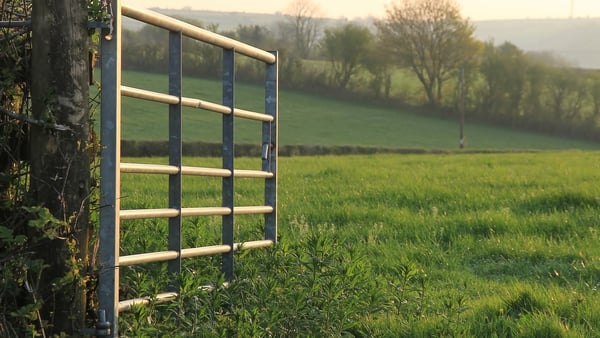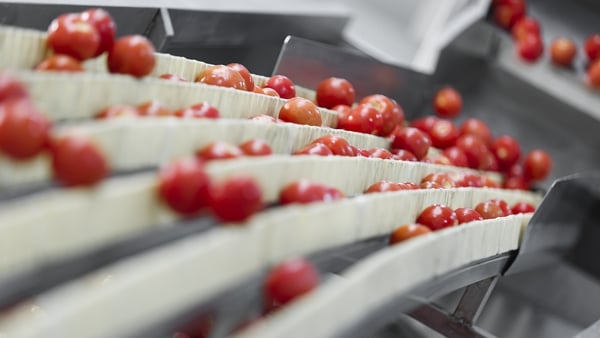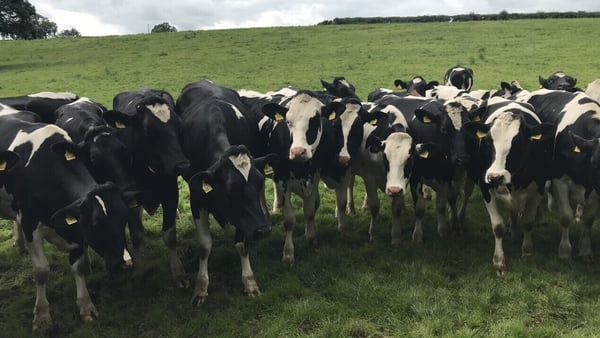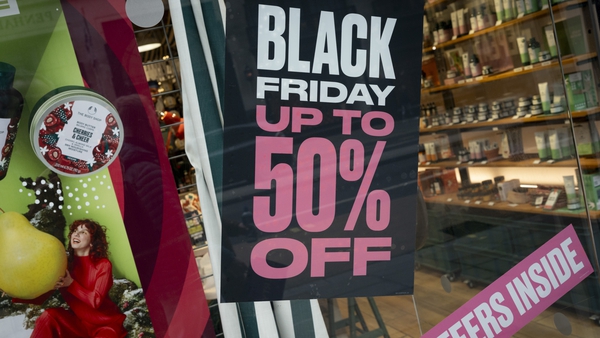MEPs have rejected a proposal to cut pesticide use by half by the end of the decade, dealing a blow to the European Union's push towards more environmentally friendly farming.
MEPs have voted down a proposal to reduce the use of pesticides in the EU by 50% by 2030.
The proposal covered pesticides, herbicides, insecticides and rodenticides.
It proposed by the European Union executive in July 2022, aimed to halve the use and risk of chemical pesticides in the EU, which have been linked to increased rates of cancer and diseases like Parkinson's, as well as environmental degradation, including the decline of pollinating insects without which farmers cannot grow crops.
It would also have banned the use the chemicals within 5m of sensitive areas such as parks, playgrounds, recreation areas and public paths.
It also promoted the uptake of nonchemical treatment methods and less toxic biological pesticides.
It had been adopted by a majority of MEPs on the European Parliament's Environment Committee last month and was put to a vote of all MEPs in a plenary meeting in Strasbourg.
The Sustainable Use Regulation (SUR) was rejected by 299 votes against to 207 in favour.
An attempt to send it back to the committee also failed.
The proposal is not expected to make any progress in the lifetime of the current parliament and European Commission which ends next year.
The EU farm organisation COPA-COGENCA has welcomed the outcome of the vote.
It said the rejection was "very welcome" as the proposal "was ideological from the outset with no connection to the realities of agriculture, proposing unrealistic transitions without the necessary funding".
However, environmentalists have expressed dismay at the vote and the amendments that were made which deleted key measures.
In a statement the Pesticide Action Network said it is "a sad day for EU democracy, ahead of European elections."
It also said: "The European Parliament is sending a negative signal to voters on its ability to deal with major societal issues. It is evident the agrilobby has taken control."
The legislation was already in trouble after competing versions emerged from the committee stage of scrutiny.
However a majority of MEPs had expected it to scrape through a plenary vote and then move to the next legislative stage, agreeing on a final text with member states.
In the end, MEPs rejected the bill outright with 299 votes against and 207 in favour with 121 abstentions.
"This is a very dark day for the society as a whole and for the environment — and also for farmers," said Austrian Green MEP Sarah Wiener, who is the parliament’s lead on the issue
The largest group in the parliament, the center-right European People's Party, called the result "sensational." It said it was a rejection of "left-wing extremism".
German conservative MEP Norbert Lins said: "This shows that pesticide reduction needs to be done with farmers and not against them."
The pesticide vote represents a major scalp for the European People’s Party as it seeks to position itself as the champion of rural voters in next year's European election.
Earlier this year, it tried and narrowly failed to kill off a law to boost nature restoration across the EU.
Defenders of the Green Deal had to make major concessions to the EPP to save that measure, however.
The parliament’s vote marks the end of the road for the bill, which after nearly a year and a half of negotiations never made it to the last stage of negotiations in which the EU's executive, intergovernmental and legislative branches finalise the deal.
In an unexpected turn, left-wing groups, including the Greens and the Socialists and Democrats, voted against the final text, after the EPP and other right-wing groups watered down many of the bill’s provisions by backing a raft of amendments.
Ms Wiener moved to send the text back to the environment committee for revision, but the motion was defeated by 324 votes to 292.
She said: "The majority of MEPs have prioritised the profits of large agricultural companies to the detriment of the health of our children and the planet."
The Irish Farmers' Association described the vote as a "major relief for farmers".
In a statement, its National Gran Chair Kieran McEvoy said: "There wasn’t sufficient time given to discuss the full implications of what was proposed. If there is one learning from this outcome, it’s that policy makers have to engage fully before bringing new regulations forward."
He added tillage farmers would have been "especially impacted by the sensitive areas proposal and the proposed pesticide cuts".
Head of French farmers' umbrella body the FNSEA, Christiane Lambert, said: "At last, the European Parliament recognises that the pesticide regulation was poorly calibrated, unrealistic, unfinanced."





